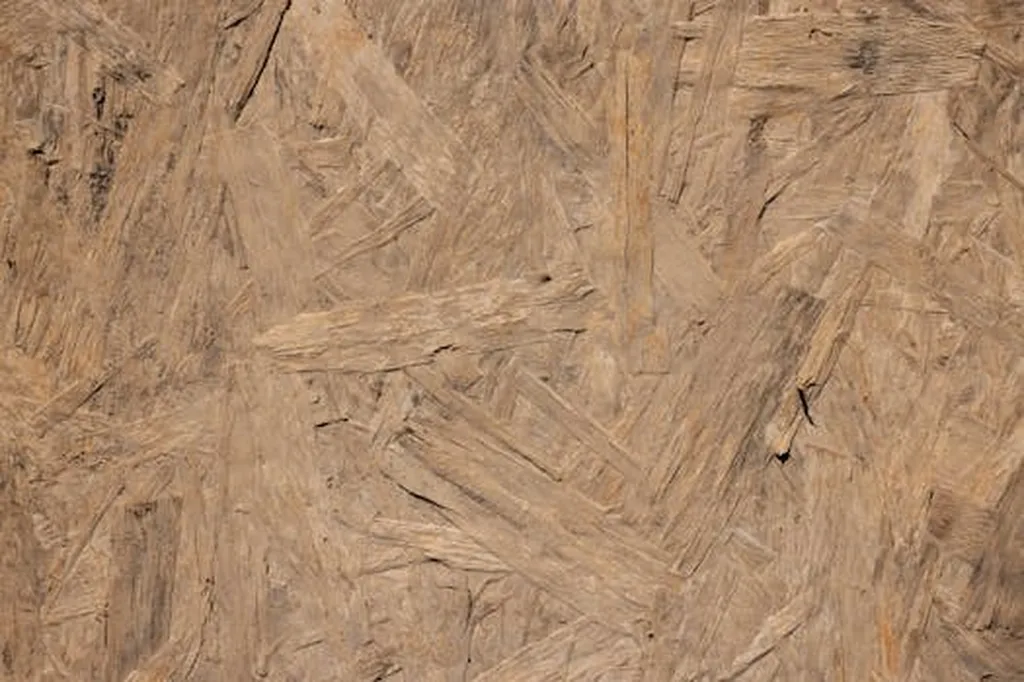In a significant stride towards sustainable construction, researchers have unveiled promising insights into the mechanical and thermal properties of clay-based masonry walls, offering a viable alternative to conventional building materials. The study, led by Houssam Affan of Groupe Vivialys in Strasbourg, France, and published in the journal *Engineering* (Eng), explores the potential of raw soil as a low-carbon, locally available resource in the building sector.
The research delves into the performance of earthen mortars and bricks, both stabilized and non-stabilized, through a rigorous experimental program. Compressive, bending, and shear tests revealed that the strength of these materials is heavily influenced by mortar composition, hydration time, and the soil-to-sand ratio. Notably, the addition of 5–7.5% cement resulted in modest gains in compressive strength but at the cost of increased carbon emissions. However, extended pre-hydration achieved similar improvements with a lower environmental footprint.
“By optimizing the composition and preparation of clay-based mortars, we can significantly enhance their structural and thermal properties,” Affan explained. “This offers a practical and sustainable alternative to conventional construction materials, contributing to the advancement of green building practices.”
Thermal characterization of the samples, which were enriched with silica (SiO₂), alumina (Al₂O₃), and magnesia (MgO), showed that SiO₂ significantly enhances thermal conductivity. Meanwhile, the presence of Al₂O₃ and MgO contributes to increased heat capacity and improved moisture regulation. These findings suggest that well-optimized clay-based mortars can meet the structural and thermal requirements of non-load-bearing applications, reducing embodied carbon and enhancing hygrothermal comfort.
The implications for the energy sector are substantial. As the building sector faces increasing pressure to lower its environmental impact, the adoption of clay-based construction materials could play a pivotal role in decarbonization efforts. By relying on locally available resources, these materials not only reduce transportation emissions but also support local economies.
“This research opens up new possibilities for sustainable construction,” Affan noted. “It demonstrates that with the right optimizations, clay-based materials can be a strong contender in the market, offering both environmental and economic benefits.”
As the construction industry continues to evolve, the findings from this study could shape future developments, encouraging a shift towards more sustainable and locally sourced building materials. The research, published in *Engineering* (Eng, translated from French), underscores the potential of clay-based mortars to revolutionize the way we build, paving the way for a greener and more sustainable future.

